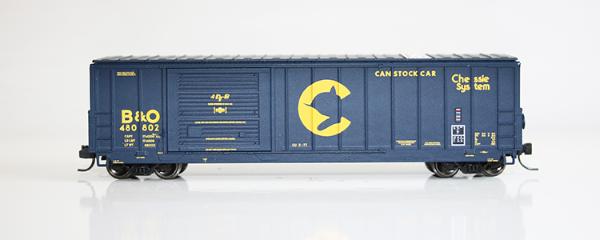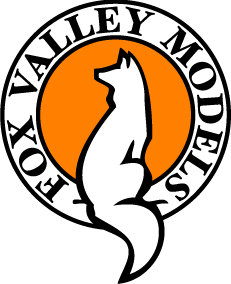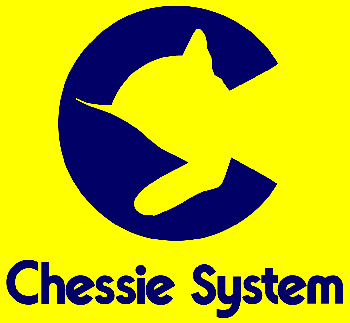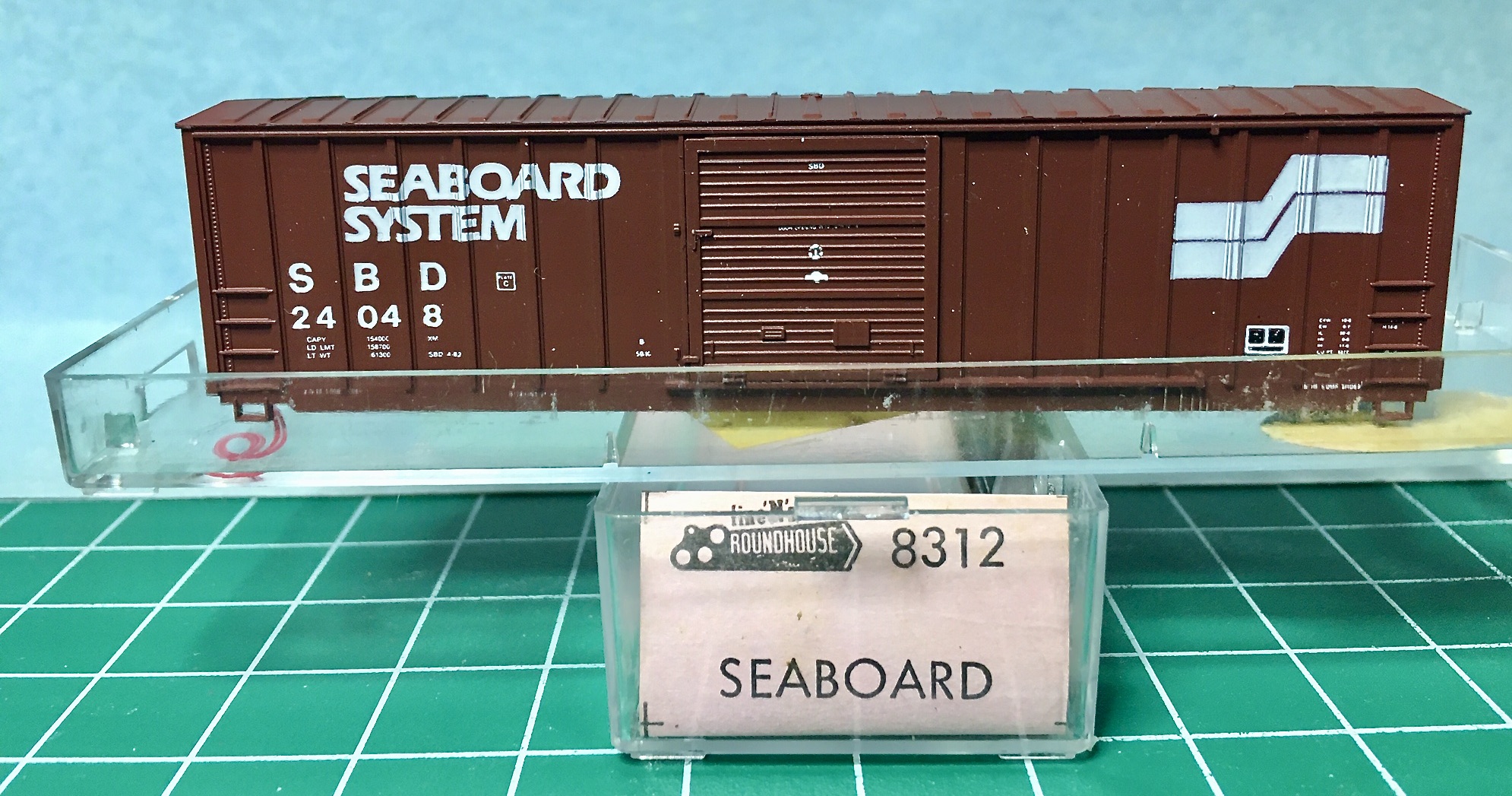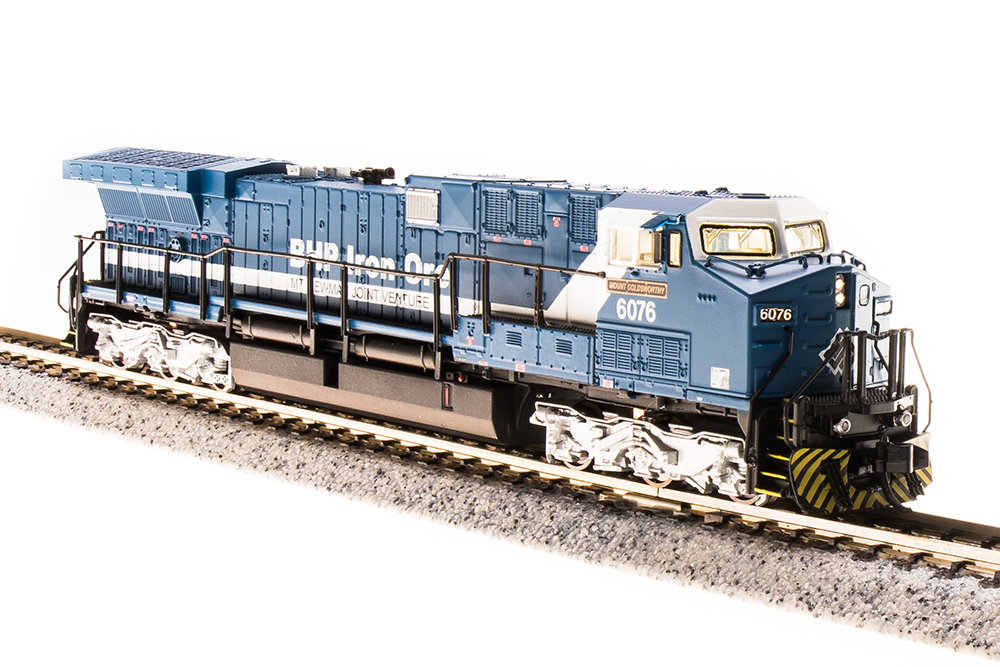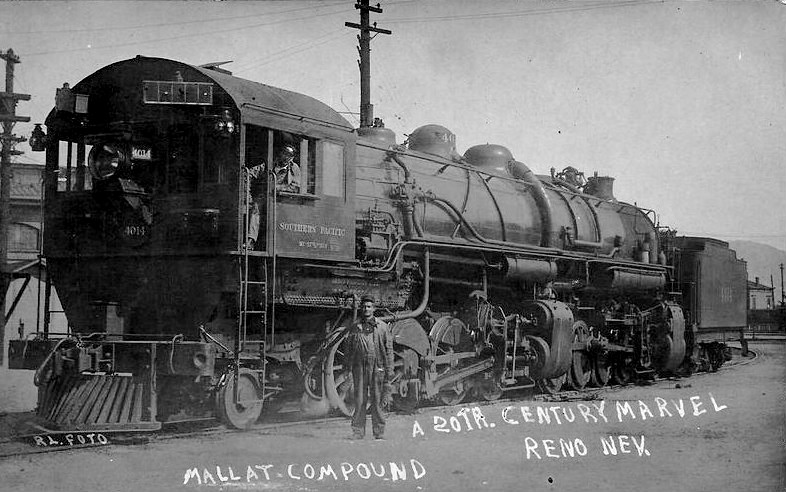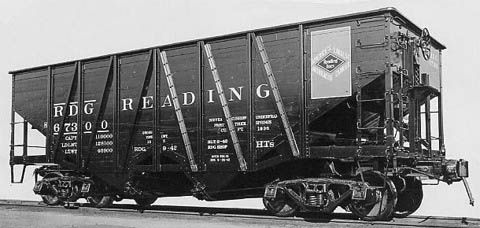Model Information: Fox Valley first announced this model in March of 2013 with a target delivery date of December 2013. The model features offset doors and a simulated Fiberglas roof panel. The Fox Valley model has a one-piece body with a separate roof. The fourth panel from the B end is painted white to simulate the translucent material used on the full-size cars. The model depicts the modified diagonal panel shape of this piece as well. As the cars were rebuilt, the translucent roof panels were replaced with steel panels. The model decorated for CSX has this feature, and new doors.
The tooling has a molded underframe with detail that includes the brake cylinder, reservoir, triple valve, piping, and brake mechanism. The model is within inches of prototype dimensions except for overall length. The full-size cars have cushioned underframes that extend past the end sills, but the model’s draft gear is flush with the end of the car. The body-mounted magnetic couplers are set at the correct height. All grab irons and ladders are molded on, but there are separate etched-metal crossover platforms and a separately applied brake wheel. The free-rolling metal wheelsets are in gauge and operated fine on code 55 track. The car weighs 1.2 ounces, slightly over the National Model Railroad Association recommended weight for a 50-foot car.
The tooling has a molded underframe with detail that includes the brake cylinder, reservoir, triple valve, piping, and brake mechanism. The model is within inches of prototype dimensions except for overall length. The full-size cars have cushioned underframes that extend past the end sills, but the model’s draft gear is flush with the end of the car. The body-mounted magnetic couplers are set at the correct height. All grab irons and ladders are molded on, but there are separate etched-metal crossover platforms and a separately applied brake wheel. The free-rolling metal wheelsets are in gauge and operated fine on code 55 track. The car weighs 1.2 ounces, slightly over the National Model Railroad Association recommended weight for a 50-foot car.
Road Name History: Chessie System, Inc. was a holding company that owned the Chesapeake & Ohio Railway (C&O), the Baltimore & Ohio Railroad (B&O), the Western Maryland Railway (WM), and several smaller carriers. It was incorporated in Virginia on February 26, 1973, and it acquired the C&O (which controlled the other companies) on June 15. C&O had been popularly known as "Chessie System" since the 1930s.
The three railroads had been closely related since the 1960s. C&O had acquired controlling interest in B&O in 1962, and the two had jointly controlled WM since 1967.
On November 1, 1980, Chessie System merged with Seaboard Coast Line Industries to form CSX Corporation. However, the Chessie image continued to be applied to new and re-painted equipment until mid-1986, when CSX introduced its own paint scheme. The B&O and C&O were not legally merged out of existence until 1987, when the company's official successor, CSX Transportation was founded.
Headquartered in Cleveland, Ohio, the Chessie System was the creation of Cyrus S. Eaton and his prot?g? Hays T. Watkins, Jr., then president and chief executive officer of C&O. A chief source of revenue for the Chessie System was coal mined in West Virginia. Another was the transport of auto parts and finished motor vehicles.
The signature symbol of the Chessie System was its "Ches-C", a large emblem incorporating the outline of the C&O's famous "Chessie" the kitten logo. The Ches-C was emblazoned on the front of all Chessie System locomotives, and also served as the "C" in "Chessie System" on the locomotive's flanks, and on other rolling stock. The Chessie System itself did not own any locomotives or other rolling stock; rather, equipment would be placed on the roster of one of the three component railroads. While all three companies shared a common paint scheme of yellow, vermillion, and blue, actual ownership of the equipment was denoted by the reporting marks C&O, B&O, or WM.
From Wikipedia
The three railroads had been closely related since the 1960s. C&O had acquired controlling interest in B&O in 1962, and the two had jointly controlled WM since 1967.
On November 1, 1980, Chessie System merged with Seaboard Coast Line Industries to form CSX Corporation. However, the Chessie image continued to be applied to new and re-painted equipment until mid-1986, when CSX introduced its own paint scheme. The B&O and C&O were not legally merged out of existence until 1987, when the company's official successor, CSX Transportation was founded.
Headquartered in Cleveland, Ohio, the Chessie System was the creation of Cyrus S. Eaton and his prot?g? Hays T. Watkins, Jr., then president and chief executive officer of C&O. A chief source of revenue for the Chessie System was coal mined in West Virginia. Another was the transport of auto parts and finished motor vehicles.
The signature symbol of the Chessie System was its "Ches-C", a large emblem incorporating the outline of the C&O's famous "Chessie" the kitten logo. The Ches-C was emblazoned on the front of all Chessie System locomotives, and also served as the "C" in "Chessie System" on the locomotive's flanks, and on other rolling stock. The Chessie System itself did not own any locomotives or other rolling stock; rather, equipment would be placed on the roster of one of the three component railroads. While all three companies shared a common paint scheme of yellow, vermillion, and blue, actual ownership of the equipment was denoted by the reporting marks C&O, B&O, or WM.
From Wikipedia
Brand/Importer Information: Fox Valley Models is a small supplier of
model railroad and related products. FVM
started by finding solutions to different
challenges that model railroaders were
faced with. Our first products resulted
from a need to equip custom built
passenger cars with tinted windows made
of an ideal material; thin, flexible, easy to
cut, simple to install, available in multiple
colors and be affordable. We met those
needs and even included a frosted
version for the car's lavatory windows.
Other challenges inspired additional products including wooden grade crossings, trestles and different lineside structures. As our product line expands, input and requests from friends and customers help shape the product selection further.
Future products, under development, include more parts, structures, details and rolling stock. We strive to offer a good quality product at an affordable price.
Other challenges inspired additional products including wooden grade crossings, trestles and different lineside structures. As our product line expands, input and requests from friends and customers help shape the product selection further.
Future products, under development, include more parts, structures, details and rolling stock. We strive to offer a good quality product at an affordable price.
Item created by: gdm on 2017-10-24 13:49:08
If you see errors or missing data in this entry, please feel free to log in and edit it. Anyone with a Gmail account can log in instantly.
If you see errors or missing data in this entry, please feel free to log in and edit it. Anyone with a Gmail account can log in instantly.


